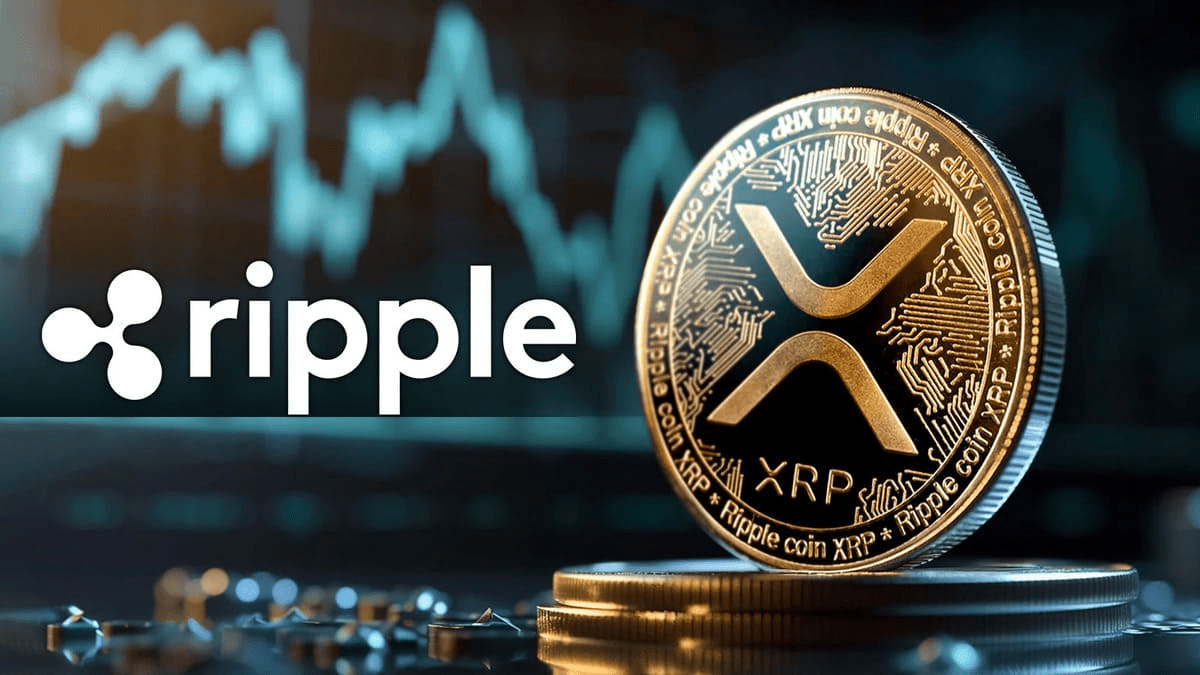In a recent press release, Linklogis, a leading Chinese supply chain financial technology provider, revealed that it is joining forces with XRP Ledger to enhance its global digital supply chain financing platform.
The collaboration will allow Linklogis to implement its financial application directly on the mainnet of the ledger. This will enable the creation of tokenized invoices and cross-border transactions linked to real commercial flows.
It would directly integrate the XRP Ledger at the heart of China's massive trading industry. This would allow tokenized assets backed by commercial receivables to achieve greater circulation, liquidity, and credibility thanks to the decentralized infrastructure of XRPL.
Looking to the future, both companies plan to expand their collaboration into different areas. This includes the development of stablecoins, the trading of supply chain assets through smart contracts, and the integration of blockchain with artificial intelligence for commercial financing scenarios. XRP Ledger is positioned as a leading global settlement platform for stablecoins.
In the field of supply chain financing, Linklogis is already a dominant force. In 2024, the company managed 20.7 billion RMB in cross-border assets and provided services to clients in 27 countries. By utilizing the ledger, the company demonstrates that blockchain technology is evolving and that Chinese companies are ready to adopt decentralized systems.
Linklogis seeks to provide businesses with more options to access funds and improve transparency in trade financing through XRPL technology. This alliance also helps enhance the global reputation of XRPL and solidifies its presence in Asia.
This development adds to Ripple's growing list of strategic achievements in Asia. Earlier this month, BDACS from South Korea introduced institutional custody services for XRP. This would provide regulated access to major local exchange platforms such as Upbit, Coinone, and Korbit. This move paves the way for institutional adoption of the altcoin in Korea's cryptocurrency sector.
Meanwhile, SBI Holdings, a major Japanese financial company, has announced its plans to introduce Ripple's stablecoin, RLUSD, on its SBI VC Trade platform this fiscal year. The integration of yen-backed tokens is another point on the roadmap. This demonstrates Ripple's growing contribution to bridging the gap between blockchain technology and conventional finance.
Ripple also partnered with the Web3 Salon, backed by the Japanese company JETRO. They would provide up to $200,000 in grants for XRPL-based projects.
The new alliance marks another significant milestone in its expansion into Asia. It is worth noting that trillions of dollars in annual trade flows are financed through China's supply chain. This could be crucial for Ripple's expansion.

